Reading
“The more you read, the more things you will know. The more that you learn, the more places you’ll go.” Dr. Seuss.
Reading is the key skill that unlocks all other learning and life opportunities and strive to promote a lifelong love of reading in all children throughout school. Reading is celebrated throughout school to encourage children to love stories, books, authors, poetry and plays. Children take home reading books of their choice from our zone libraries and parents and children can borrow books to share at home. We have a central library which children can visit, as well as a range of engaging fiction and non-fiction in the classroom for them to read. We have strong links with our local library and use their subscription service extensively to supplement our school provision with themed book selecting and artefacts as well as a library bus service. We hold regular book fairs to share ideas and opportunities for new book choices.
Reading is taught through a variety of means. Each class has daily independent reading sessions; Phonics is taught regularly from EYFS up to Year 2 using the Read Write Inc. scheme; English units of work are based around a challenging and engaging core text as outlined in the whole school overview; children study through drama, role-play, text analysis and writing in role. This is often linked to the topic that the class are learning about. Comprehension skills are linked to Reading Vipers (vocabulary, infer, predict, explain), retrieve). Reading skills are applied across the curriculum. A love of reading is developed in many ways including; selected key stories and class novels are shared daily in class; special reading events such as ‘Roald Dahl Day’ and ‘World Book Day’, Scholastic Book Fairs, author engagement (including through Twitter), resident author Professor Sally Brown (fondly known as Granny Sally to the pupils) and regular reading competitions. Children read every day in school and we prioritise one to one reading time with teaching staff, teaching assistants and volunteer reader helpers. Reading intervention sessions; priority reading sessions and bespoke dyslexia programmes are regularly timetables. Reading is assessed regularly by staff including formative assessment and regular summative assessments including RWI assessments, Accelerated Reader and termly formal assessments.
Home Reading
It is vital that children practise their reading at home by being heard by an adult or older sibling, this is encouraged as a daily activity. This is just as important for older children who are decoding texts fluently, they may be able to read the words, but they also need opportunities to discuss the meaning of the texts they are reading as often as possible.
Foundation Stage and KS1
Children are taught the very basics of reading and story structure from an early age, you are never too young to enjoy a good story. Our EYFS is a story rich environment and we ensure there is a variety of texts to access; including books and resources that form part of the curriculum. Our nursery children are taught to recognise sounds in words and around them through activities including games, songs and rhymes. For younger children, little and often is most effective; learning to read is a hard and tiring process to begin with. Children will take home a Read Write Inc. (RWI) ditty book and book bag book based on their current phonic level. Parents should sign the reading diary to inform the teacher about what has been read. Once children have completed the RWI programme (generally in Year 2) they move onto the Accelerated Reader scheme of books.
Reading in KS2: Children’s reading is supported through the Accelerated Reader Programme (a powerful tool for monitoring and managing independent reading) while promoting reading for pleasure; children select a book of their choice from within their ZPD range from the zone libraries and again take home a reading record/diary. Children and staff ensure that books read are understood and at an appropriate level through the completion of a unique Accelerated Reader quiz for each book. Class teachers monitor the amount children are reading at home and encourage children to read each day. School staff motivate children to read a wide range of authors and text types including a wide range of genres, fiction and non-fiction. We ensure that our book selection includes a wide range of protected characteristic texts, reflecting a diverse society.
Children from Y4 to Y6 also access Reading Plus to support their reading skills. This is an online adaptive reading programme that integrates comprehension, vocabulary and reading efficiency. The programme includes a vast range of subject content to suit children’s interests and certificates and challenges motivate children to increase their reading miles.
Reading Across the Curriculum
Pupils read a range of books linked to other areas of their learning. there is very much a focus on reading to learn across foundation curriculum areas, with children engaging in wider research, both online and through fiction and non-fiction texts and the use of i-pads. Through a co-ordinated approach the local library service provide a wide range of reading materials and resources linked to units of work in different subjects.
Story Time
Throughout the whole school, pupils are regularly read to with staff modelling expressive reading to develop an enthusiasm for reading and supporting a developing vocabulary. Class books are often shared with pupils, where they read along with the teacher.
Supporting Reading at Home
Please ensure your child reads at least 5 times per week and record their reading in their Reading Record. Talk about what books they are currently reading. Ask questions when listening to your child read aloud. Read books to your child and read books together is also a vital part of a child's reading journey, children can hear how reading with expression can bring a story to life! Visit local libraries and bookshops. This is a link to the North Tyneside Libraries Service to find out about your nearest library and the services they offer.
https://my.northtyneside.gov.uk/category/146/libraries
Stuck for what to read?
If your child is finding it difficult to know what they want to read, here are some ideas:
Oxford Owl have a free e-bool library which links to our school phonics scheme, Read Write Inc.
'School reading list' is an excellent source of recommendations for new and classic books. You can search by Key Stage and Year Group and titles are updated regularly. There is also a newsletter you can sign up for. https://schoolreadinglist.co.uk/
Register on the CLPE’s Core Books website for free to view regularly updated booklists sorted by age-range, genre, author or publisher https://clpe.org.uk/books/corebooks
Visit Accelerated Reader http://www.arbookfind.co.uk/ which is an easy to use, free online tool which allows you or your child to search for books by author, subject or theme and topic. You can also find collections lists of the most popular books that children are reading at the moment.
We greatly appreciate all the support you give in supporting and encouraging your children to read at home and we are looking forward to an exciting year full of reading ahead!





























